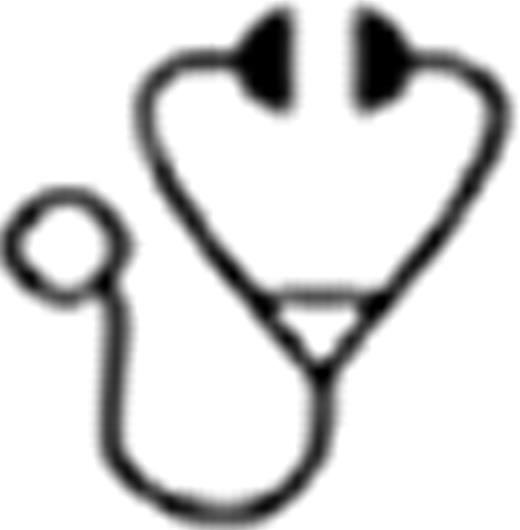Abstract
The aims of this study were on one hand, to evaluate the significance of achieving molecular response (MR) by fluorescent-PCR (F-PCR) of Ig genes in a prospective way, particularly in patients with singular cytogenetics' features. On the other hand, to compared MR with immunophenotypic response (IR) and complete remission by immunofixation (CR). Patients: 130 new MM patients who had achieved CR or VGPR were analyzed by PCR, multiparametric flow cytometry (MFC) and immunofixation at diagnosis, and after induction therapy or transplantation: 48 patients received conventional chemotherapy as induction therapy followed with ASCT and were included in the GEM2000 trial and the other 82 patients were enrolled in the GEM2005 clinical trials in which the induction and maintenance therapy were based on Bortezomib and/or Thalidomide. Methods: The molecular analysis of Immunoglobulin (Ig) gene rearrangements at diagnosis was carried out by fluorescent PCR in DNA from bone marrow samples according to the Biomed-2 protocols. Briefly three different multiplex PCRs: DHJ; Ig Kappa light chain (IGK) rearrangements K-VJ and Kappa deleting element (KDE). DHJ and light chain rearrangements detected at the diagnosis were used in the follow-up. The sensitivity of PCR was between 1/103 and 1/104 as Martínez P. et al previously published in BJH, 2008. Regarding MFC the following monoclonal antibody combinations (FITC/PE/PerCP-Cy5.5/APC) were used at the diagnosis to identify different aberrant plasma cells phenotypes which were used as patient-specific probes for Minimal Residual Disease. Results: 64 patients had negative F-PCR and 66 patients had positive F-PCR after induction therapy. The OS was 77.32% and 59.18%, respectively and the medians OS were 116 and 67 months for each group (P= 0.03). Regarding the PFS, 28 of the 64 F-PCR negative patients relapsed while there were 44 relapses in the group of positive F-PCR. The 5y PFS was 56.44% and 27.43% respectively; the medians PFS were 60 and 36 months respectively (P= 0.0005). The multivariate analysis showed that achieving molecular response by F-PCR had a independent prognostic value in PFS (P=0.003, HR 2.3). Interestingly amongst patients who achieved CR, F-PCR identified a population of patient with a better PFS, figure A (P= 0.04, HR 2.179).The applicability of the F-PCR was almost equivalent to that observed by MFC (91.5 vs. 92%). Nevertheless we found discordant results between these two response criteria. Approximately the 20% of patients who had achieved a MR no obtained IR. The opposite pattern also was observed (IR/noMR) in 10% of the patients. In order to see if the PCR showed differences in terms of survival in patients with high or low risk cytogenetics features at the diagnosis, we made two independent analysis: in one hand we analyzed 14 patients with high-risk cytogenetics [t(4;14), t(14;16) and/or del(17p)] and on the other hand 72 patients with standard-risk cytogenetics. In the former analysis, 4 of the 8 who had negative F-PCR relapsed after the induction therapy while the totality of the other six with positive F-PCR did. The medians PFS were 32 and 17 months respectively (P= 0.0002). In connection with the 72 patients with standard-risk cytogenetics, 13 of the 34 who had negative F-PCR relapsed while 24 of the 38 with positive F-PCR did. The medians PFS times were 75 and 38 months respectively, figure B (P= 0.01). Conclusion: F-PCR of IgH rearrangements is a simple, cheap and feasible method for evaluating response in MM patients after induction therapy or transplantation. Additionally achieving MR provides a similar prognostic value to IR in patients differentially treated, and particularly in patients with singular cytogenetics' features as well as in patients with CR by immunofixation.
Paiva:Jansen-Cillag: Honoraria; Celgene: Honoraria. Rosiñol:Janssen: Honoraria; Celgene: Honoraria. Alegre:Janssen: Honoraria; Celgene: Honoraria. Blade:Centocor Ortho Biotech Research & Development: Research Funding. San Miguel:Janssen-Cilag: Honoraria; Celgene: Honoraria. Lahuerta:Celgene: Honoraria; Janssen: Honoraria.

This icon denotes a clinically relevant abstract
Author notes
Asterisk with author names denotes non-ASH members.

This feature is available to Subscribers Only
Sign In or Create an Account Close Modal